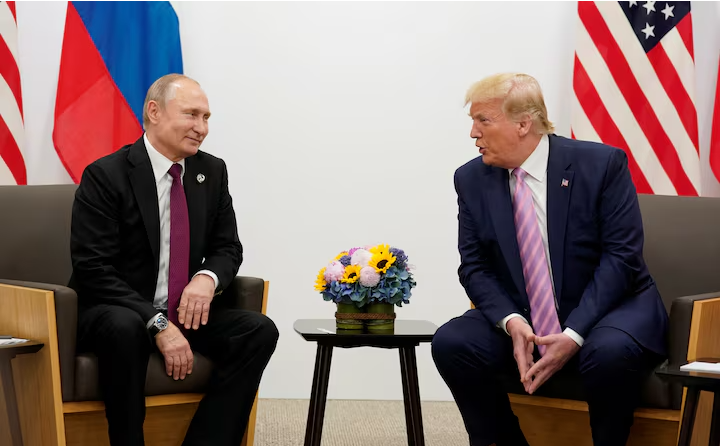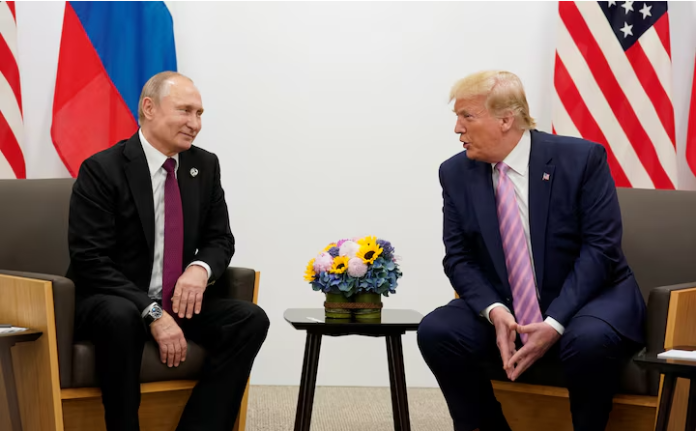Russian President Vladimir Putin held a 50-minute phone call with former U.S. President Donald Trump on Saturday, where he strongly condemned Israel’s recent military strikes on Iran. The Kremlin revealed details of the discussion, emphasizing Putin’s concern over the escalating violence in the Middle East and its potential to spiral into a broader crisis.
Kremlin aide Yuri Ushakov reported that Putin criticized Israel’s aggressive actions, warning that the conflict could quickly escalate with “unpredictable consequences” for the entire region.
“President Putin expressed serious concern about Israel’s military operation against Iran,” Ushakov said. “He warned about the risk of further escalation, which could destabilize the Middle East.”
Trump, who earlier praised Israel’s military campaign, took a more cautious tone during the call, reportedly describing the developments as “very alarming.” Despite their differing views on Israel’s offensive, both leaders agreed that diplomacy could still play a role in resolving tensions surrounding Iran’s nuclear ambitions.
“They do not rule out returning to the negotiating table regarding Iran’s nuclear program,” Ushakov added.
In addition to discussing Middle East tensions, Putin brought up the ongoing war in Ukraine. He informed Trump that Russia was open to resuming talks with Ukraine after June 22, suggesting a slight softening in the Kremlin’s stance.
Trump, meanwhile, reiterated his desire for a quick and peaceful resolution to the conflict in Ukraine, showing continued interest in global diplomatic affairs despite being out of office.

The conversation wasn’t all politics, though. Putin also extended birthday wishes to Trump, who turned 79 that day, reflecting a surprisingly warm tone between the two world leaders despite their past tensions.
The Putin-Trump call comes at a sensitive time, with Israel’s airstrikes on Iran raising fears of a wider Middle East war, while Russia’s war in Ukraine continues to strain global alliances.
Observers say that the phone call may signal a growing alignment between Russia and certain U.S. political figures, as well as a potential geopolitical strategy shift for Moscow.
Whether the call leads to real diplomatic progress remains uncertain. But one thing is clear: major world powers are now directly engaging over the dangerous developments in Iran, Ukraine, and beyond.



